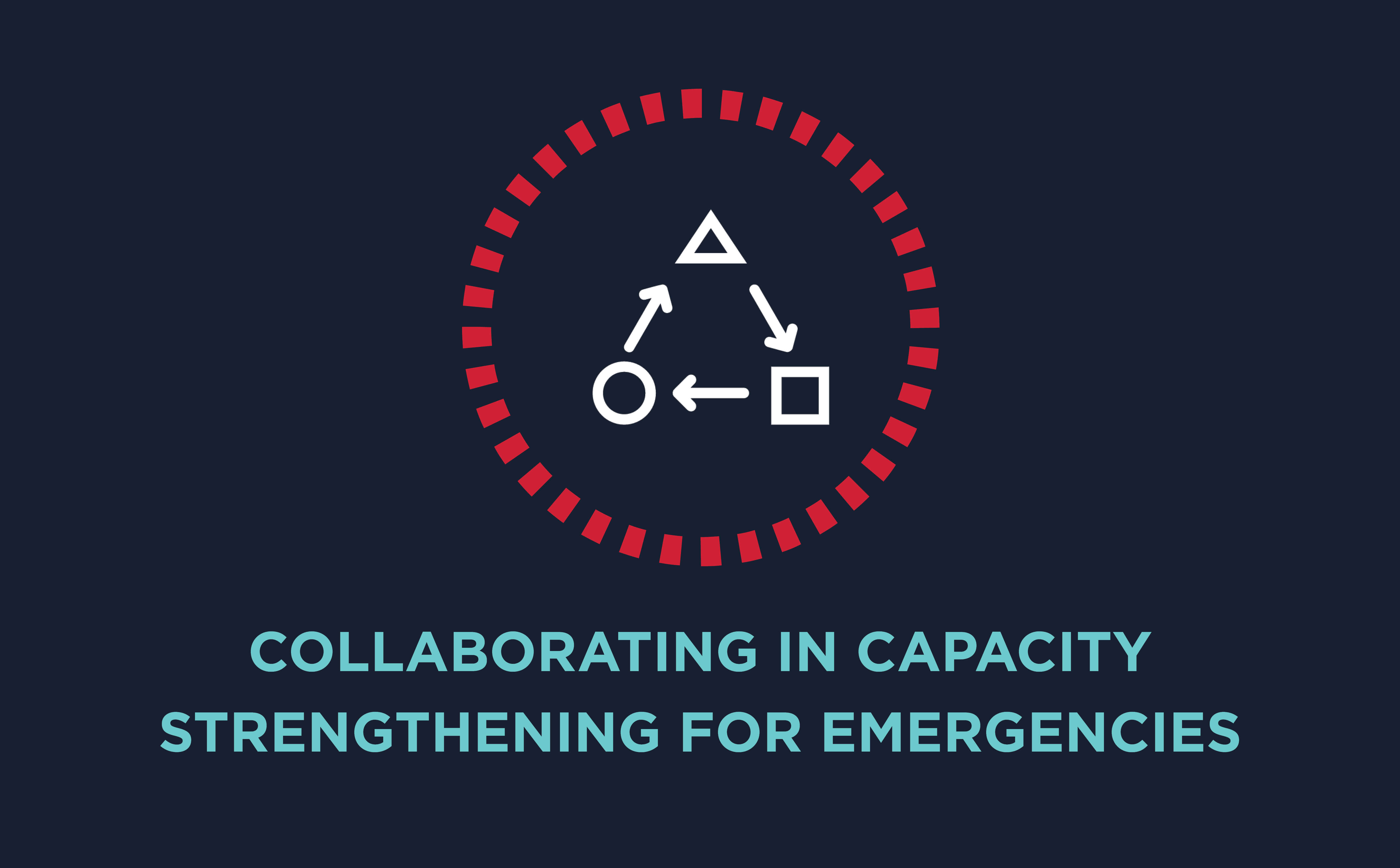Start Network's Commitment
We commit to working with others to develop cross-sector initiatives to enable a wide range of actors to participate in programme design, implementation, monitoring and evaluation, and feedback mechanisms for adaptive programming. We commit to collaborating with governments to reinforce local and national minimum acceptable capacity for preparedness, early warning mechanisms, disaster risk reduction strategies, and local action plans, thereby embedding a culture of anticipation.
Meeting our Commitment
Civil society organisations and academia have together produced eight ground-breaking resources for learning and evidence building about resilience in emergency conflict settings.
Collaboration between NGOs and science, institutions and societies has also enriched early warning approaches. Cross-sector efforts in partnerships with governments have resulted in nine changes in government policy and practice to support better and more effective humanitarian preparedness. These include information products that are critical to underpin national analysis; the facilitation of coordination mechanisms; advocacy on thematic issues; and capacity development of duty-bearers.
International and national NGOs have worked alongside each to address power imbalances in the humanitarian system. One consequence of this has been that national organisations in Pakistan, Ethiopia, and DRC can access funds from the common humanitarian financing mechanisms such as UN OCHA. Power imbalances originating from discrimination, inequality, or lack of prioritisation have been addressed through diversity and inclusion, bringing together many mainstreaming approaches. One notable example is applying gender sensitivity to identify where women are under-represented in the existing humanitarian workforce, whether in positions of leadership or surging into responses.
A network of trained coaches across four regions is supporting sustainable learning in the full spectrum of humanitarian skills and competencies.
A village in Myanmar prepares for a potential crisis: how DEPP is empowering local people to respond
https://startnetwork.org/learn-change/news-and-blogs/helping-communitie…
Keep reading about how we are meeting our other WHS Commitments

